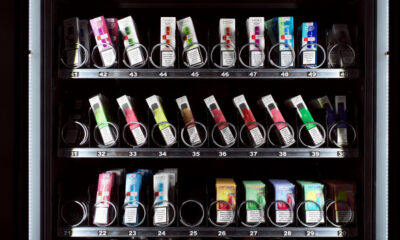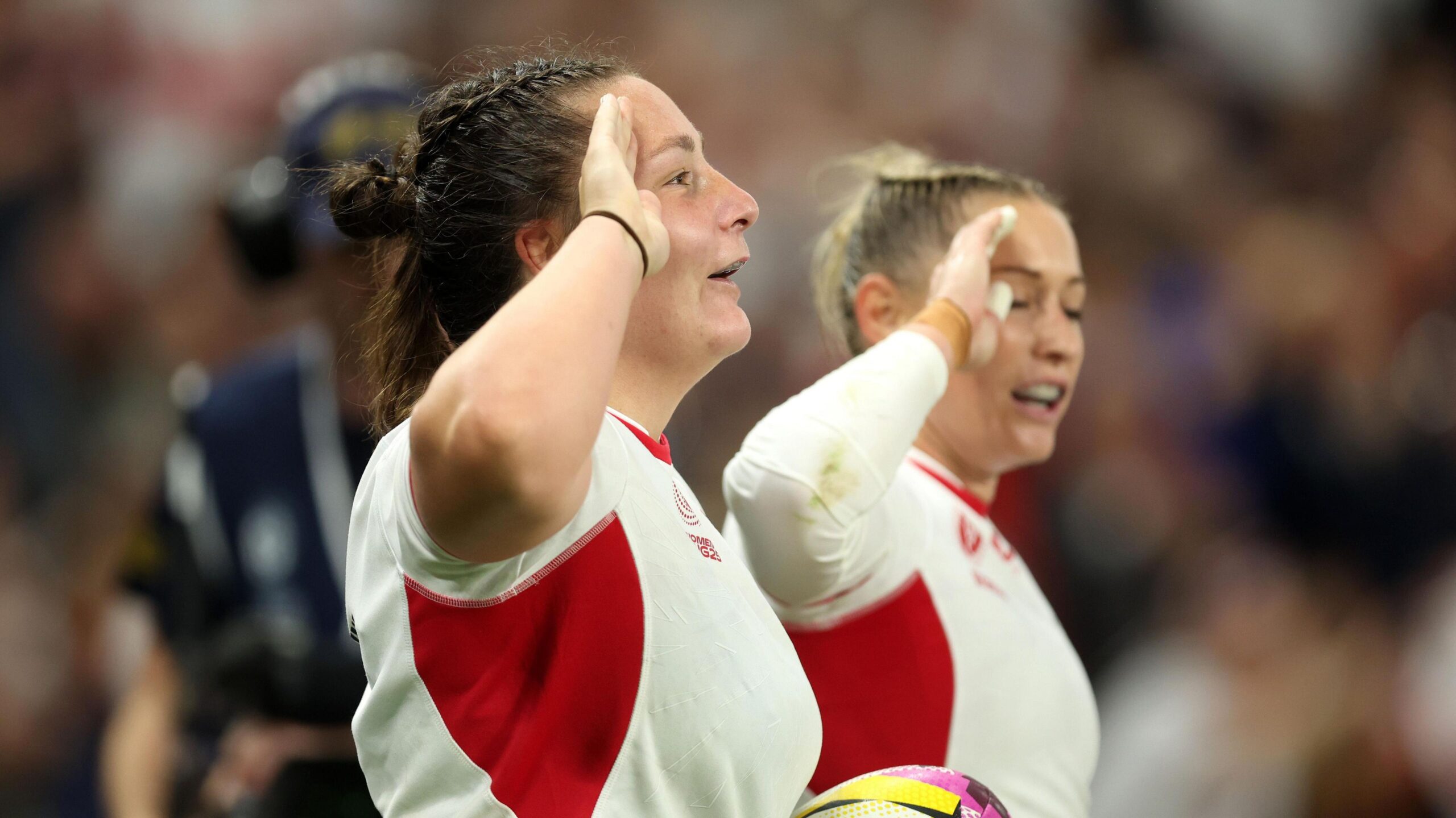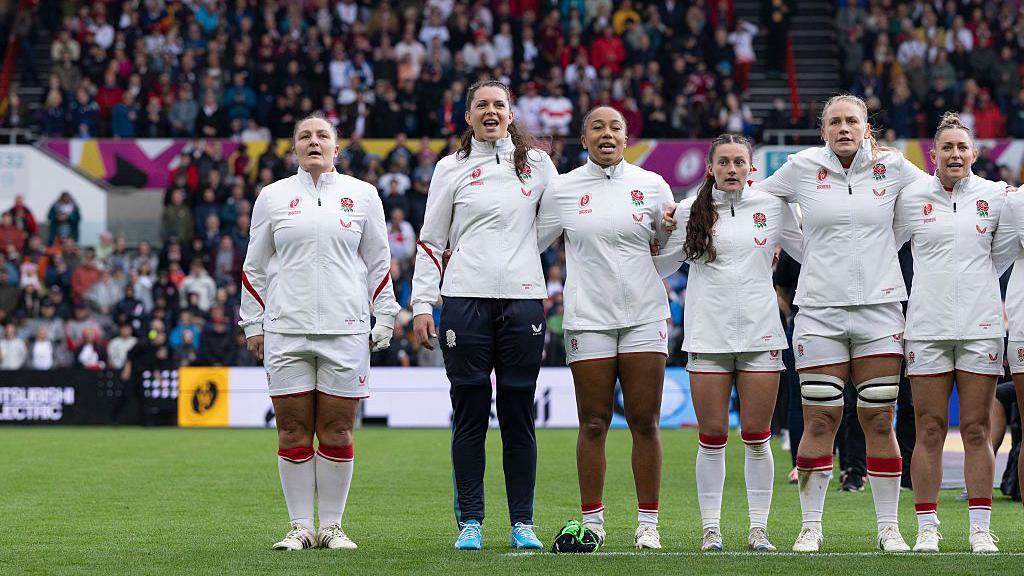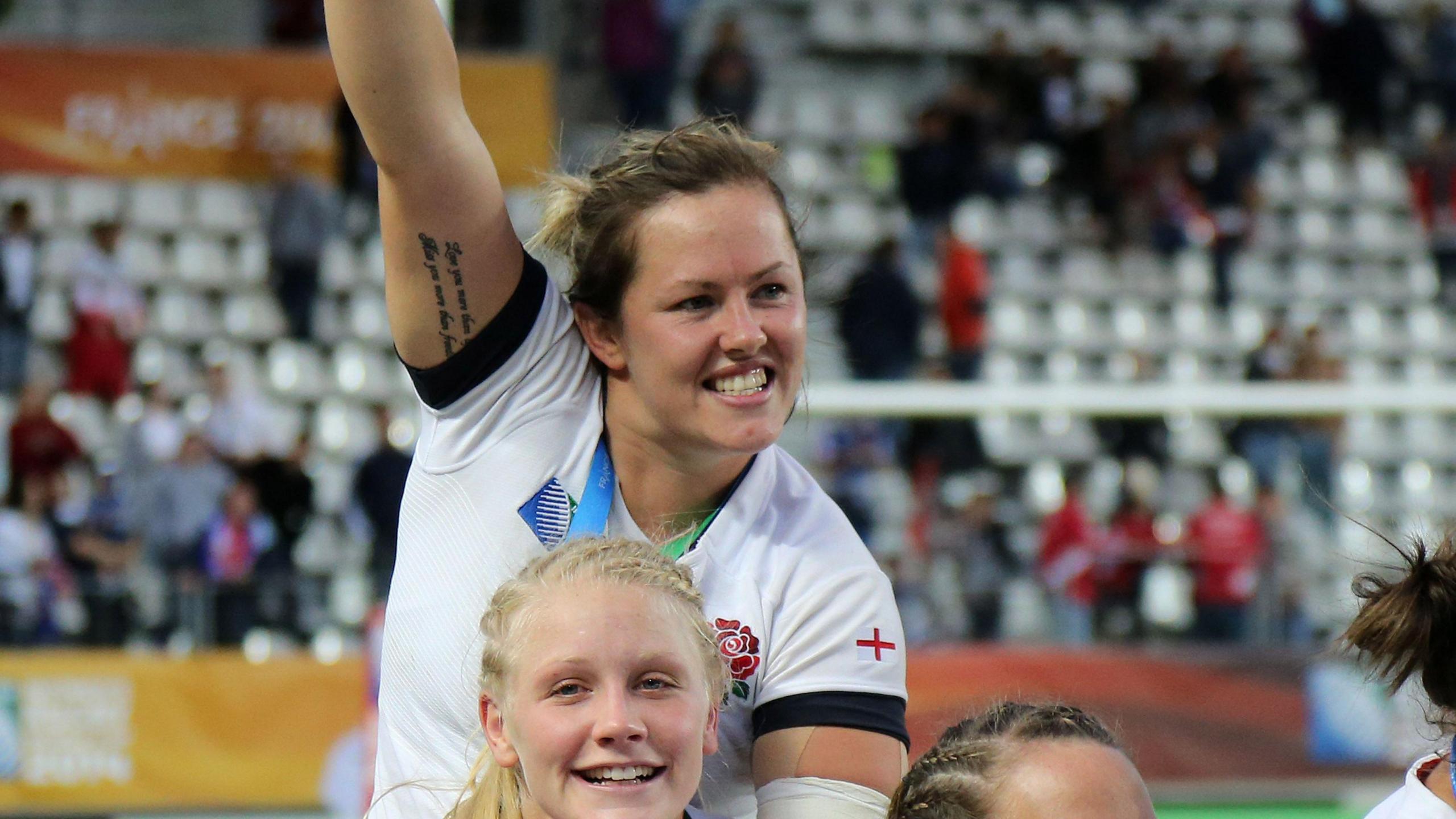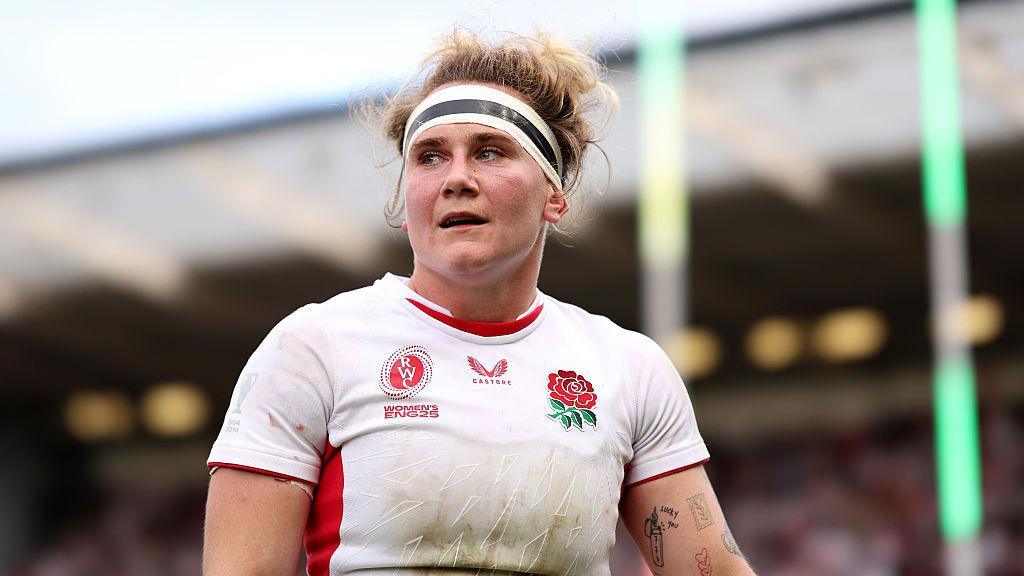Shamrock Rovers 2
Bohemian FC 1
Darryl Geraghty reports from Tallaght Stadium
SHAMROCK ROVERS WILL have to wait a couple of weeks longer to get their hands on title number 22, but did what they had to in an enthralling 2-1 win over arch enemy Bohemians – as Derry City got a point away at Drogheda United.
Graham Burke had set Rovers on their way, only for James Clarke to level before the break but a second half Danny Mandroiu winner ensured a huge three points stay in Tallaght in front of a crowd of 9,522.
Following an intriguing chess-like opening it was the hosts, unbeaten in their last nine in all competitions who struck first in the 12th minute. Archie Meekison was punished to the fullest extent when his sloppy pass in midfield was picked up by Graham Burke. The classy front man drove at the heart of the Bohs defence before shifting the ball onto his favoured left foot, proceeding to whip in a powerful strike that arrowed into the bottom corner.
With the race for Europe anyone’s guess, Alan Reynold’s side knew there was little room for error and tried to hit back immediately. Former Drogheda United hit man Douglas James-Taylor showed tremendous strength to hold off both Dan Cleary and Josh Honohan, bursting in between the two as he raced in on goal.
But just as the Englishman slid to get his effort on goal, Rovers skipper Pico Lopes flew across the box to deny him at the vital moment.
Following a good spell of possession just after the half hour mark, the visitors went agonisingly close to levelling with two good chances in quick succession. Dayle Rooney’s initial low cross caused all sorts of confusion in the Rovers rearguard, as the ball sat up kindly for Ross Tierney to have a poked effort on goal. The alert James-Tayler kept the ball alive, following Ed McGinty’s full stretch save, before teeing up James Clarke on the edge of the area who dragged his shot inches past the far post.
Knowing that if they won, and if Drogheda United beat Derry City, the title would be officially theirs on the night, Tallaght was in a jovial mood. Six minutes before the break, The Drogs did their part by taking the lead against the Candystripes, but the host almost the exact same time at the same time saw their lead wiped away in incredible fashion.
On the run, Rooney whipped in an outstanding pinpoint, first time cross from the left that landed right in the middle of the corridor of uncertainty, finding Clarke who powered home his header giving McGinty no chance.
And the drama wasn’t done just yet. Straight after the restart as the smoke from the flares just about cleared, Rory Gaffney saw a powerful downward header expertly saved by Kacper Chorazka to keep his side level.
But the home side were rewarded for their good start to the second half when they retook the lead minutes later. Having played a clever one-two with Dylan Watts in the midfield, Honohan took on all comers as he cut across the box and just as it looked like he would pull the trigger from inside the area, opted to flick the ball to ex-Bohs man, Danny Mandroiu, who swept the ball home from the edge of the area.
But just as the home support checked the score in Drogheda they would have just seen that Derry City equalised seconds before.
Burke almost wrapped the game up for the home side with two glorious chances in quick succession, prompting Reynolds to make a triple substitution to halt momentum and haul his side back into the game.
And had the desired effect as Bohs created a number of half chances as they pressed for an equaliser and with less than 10-minutes remaining thought they had earned a penalty when Connor Parsons skipped inside Grant, on first viewing looking like he was caught by a trailing leg, only for referee Paul Norton to wave away the protests.
The home side held on for a crucial win and although it’s a matter of time before they get their hands on their fifth title in six years, attention quickly turns to a glamour Europa Conference league tie in Prague as they face Sparta Praha on Thursday night.
SHAMROCK ROVERS: Ed McGinty; Dan Cleary, Roberto Lopes, Cory O’Sullivan; Danny Grant (Adam Matthews, 89’), Dylan Watts (Aaron McEneff, 83’), Matt Healy, Danny Mandroiu, Josh Honohan; Graham Burke (Darragh Nugent, 83’), Rory Gaffney (Michael Noonan, 62’).
BOHEMIANS: Kacper Chorazka; Niall Morahan, Cian Byrne (Colm Whelan, 86’), Jubril Okedina (Connor Parsons, 67’), Jordan Flores; James Clarke, Dawson Devoy; Archie Meekison (Rob Cornwall, 67’), Ross Tierney (Adam McDonnell, 67’), Dayle Rooney; Douglas James-Taylor.
Referee: Paul Norton.
Written by Darryl Geraghty and originally published on The 42 whose award-winning team produces original content that you won’t find anywhere else: on GAA, League of Ireland, women’s sport and boxing, as well as our game-changing rugby coverage, all with an Irish eye. Subscribe here.







